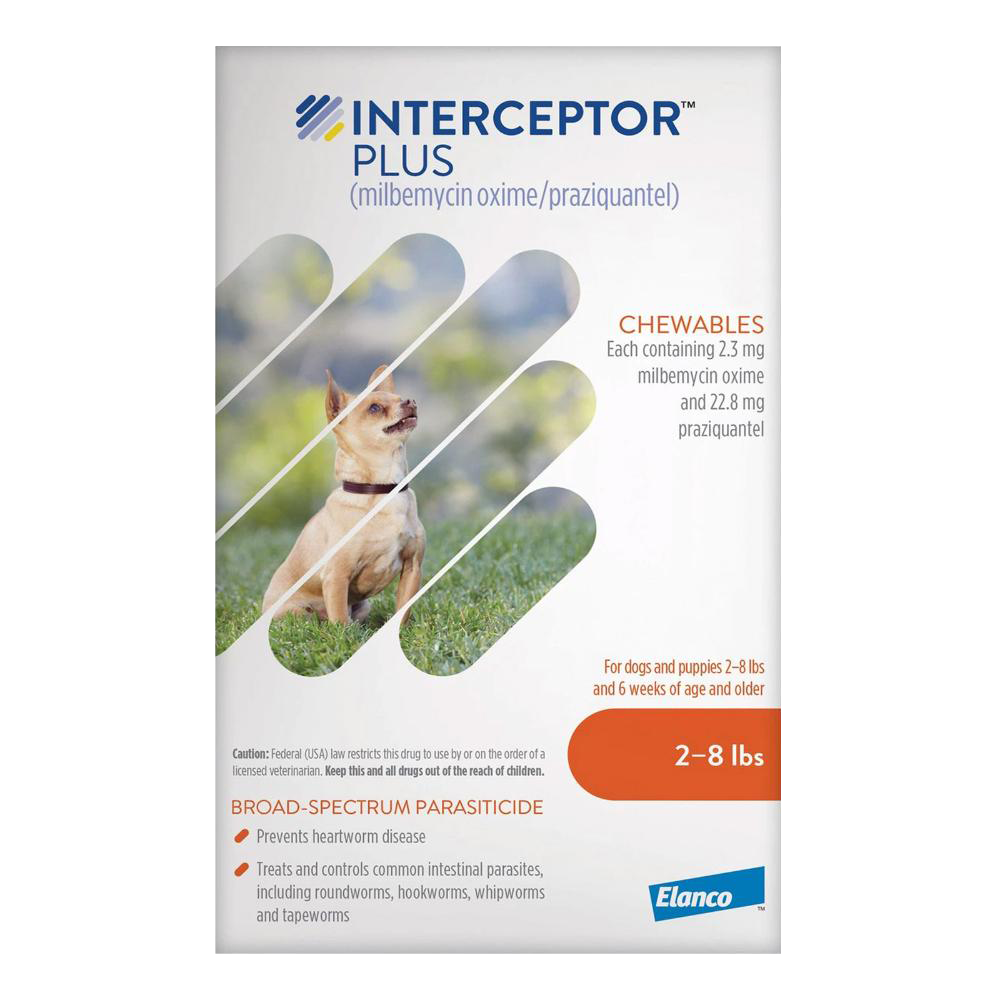
Keeping our furry companion worm free is the top priority of any pet parent. But unfortunately, despite all our efforts to protect them from worm infestation, our pets’ daily habits put them at risk. Worms in dogs are a significant health challenge and one of the most common issues that our canine friends face.
In this blog, we have outlined several factors that contribute to dogs becoming infected with worms and experiencing worm infestations. Later we will discuss effective treatments for deworming without causing discomfort to our lovely buddies.
7 Ways Our Dogs Can Get Worms
4 of the most common types of parasitic worms that reside in the intestine of our dogs are roundworm, hookworm, whipworm, and tapeworm. Here these worms grow and cause trouble in our dogs. The other popular yet dangerous type is heartworm which dwells in the dog’s heart and causes heartworm disease.
Here are the 7 most well-known modes of worm transmitters in our dogs.
1) From Contaminated Soil
If the dog has the habit of eating things from the ground, while in the backyard or on walk-ways, they easily become host to many intestinal worms. Intestinal worms pass out their eggs in the environment in their hosts’ stools. And these parasitic eggs contaminate the soil and can survive in the dust for many years.
Our dogs become host to worms and get infected with roundworms, hookworms, or whipworms when they lick the ground or bite on things in the soil. Dogs may also attract these eggs or worm larvae while rubbing and rolling in the polluted soil.
2) Received From Mother Dog
While pups are still in their infected mother’s-womb, some intestinal worms pass on through the placenta into their body. So the pups are already infected at the time of birth.
The other way a pup can get intestinal worms is by ingesting worm larvae from an infected mother’s-milk. Roundworms and hookworms easily get passed on in this mode.
3) From Impure Water
When dogs drink from open puddles and contaminated water sources, many impurities get into the body along with worm eggs present in the water. Hence, dogs need to be stopped from drinking water from lakes, rivers, etc.
4) Coprophagia
The word ‘Coprophagia’ itself means the act of eating stool. Dogs contract many intestinal worms when they eat infected stools of wild animals, other pets in the house or the neighborhood, and even their own feces.
When dogs feed on their poop, re-infestation may occur with intestinal worms they are already afflicted with. It is suggested to quickly pick up and clean the waste from animals to help prevent worm infestation.
5) From Hunting Habit
Hunting habits of our dogs can lead them into trouble and put them at a high risk of getting infected with gastrointestinal worms. Dogs that hunt rodents and birds may contract worms from the intestines of their prey.
Vets recommend that dogs should be stopped from hunting other animals to avoid getting infected with hookworms, whipworms, and tapeworms. It is also safe for their overall health and well-being.
6) From Fleas
Fleas are the key carriers of tapeworms. If the dog accidentally ingests an infected flea while grooming or licking, it can cause flea-tapeworm infection. Tapeworm larvae present in the gut of fleas will develop into adult tapeworms, which may cause coughing if they move into the lungs and increase in numbers.
Keeping a check on fleas and using a monthly flea treatment will eliminate fleas and flea eggs from the dog’s coat.
7) Mosquitoes
Mosquitoes are popular vectors for multiple diseases, and they transmit numerous parasitic worms into their host’s body. When an infected mosquito bites the dog, it passes on the infective larvae into the pet’s body, causing heartworm infection.
If heartworm infection is not addressed at the appropriate time, it may lead to fatal and irreversible health issues. Hence, regular testing for heartworm infection is recommended by expert vets.
All the mentioned modes are common carriers of many types of worms, and there can be numerous other ways our dogs can get infected by worms. It should be our top priority to treat and safeguard our furry companions against these pesky parasites. A variety of flea and worm treatments are available to protect our beloved buddies from these parasites.
We have listed a few of the most popular and effective flea and worm treatments used for treating and controlling these parasites. Here is the list:

Learn More About- Simparica vs. Simparica Trio: The Preferred Treatment for Your Dog

Also, Read- Everything you need to know about Heartgard Plus
All these parasitic treatments prevent fleas, ticks, gastrointestinal worms, and heartworm infections. These are oral or topical treatments and can be administered monthly or in intervals of three months, depending on the breed, age, size, and weight of the dog. Consult your vet to choose the best treatment that suits the specific requirements of your dog.
Alternatively, we can follow a few of these safety tips that will help prevent our dogs from being hosts to these nasty worms. The vet recommended regular deworming and flea treatments, daily cleaning of fecal materials from litter boxes, stopping the dog from eating off the ground and preventing eating of its own or other animal droppings can help the dog avoid attracting worms.
Ending Note
Worms are present everywhere in the environment, so it becomes crucial to protect our dogs by ensuring we deworm them frequently. Routine stool checks must be done to make sure our dogs are free from any worm infestation.
Lastly, and very importantly, keeping a watch on our canine friends’ daily activities will significantly help avoid worm infections.

